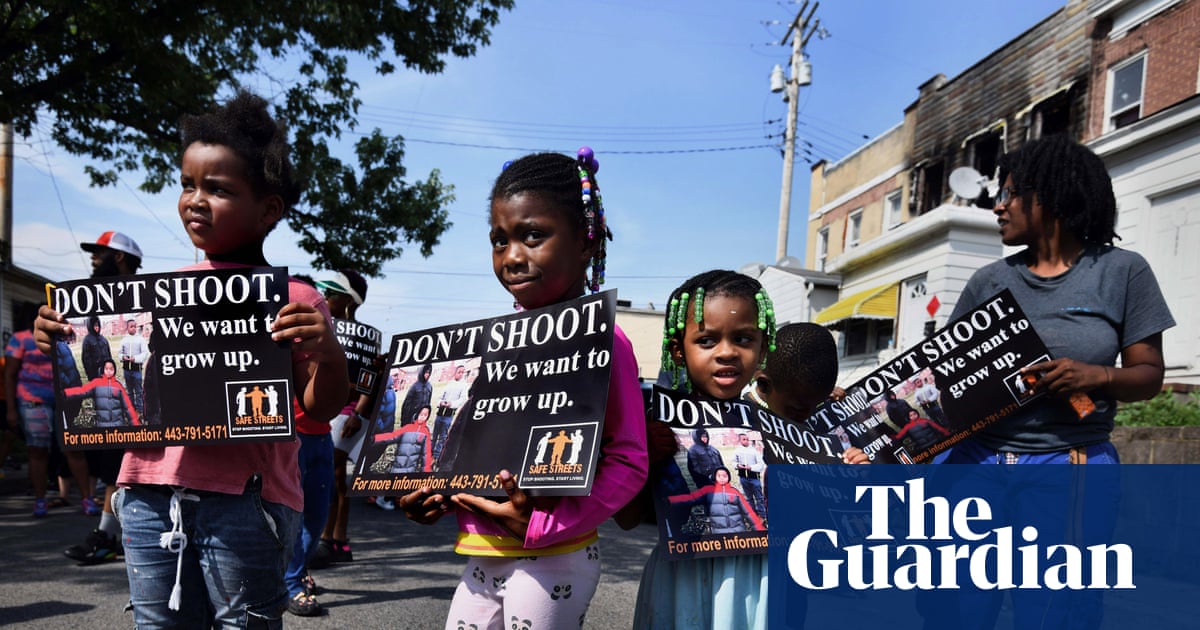Democrat Tony Evers will not seek a third term as governor of Wisconsin, he announced Thursday.
His decision sets up yet another competitive gubernatorial race for 2026, with Democrats also seeking to defend seats in swing states including Michigan and Pennsylvania.
In a video posted to social media Thursday afternoon, Evers said there was “no question” about whether he would win if he ran again, adding that “whether I’d win or not has never been part of my calculus about running again.” The two-term governor cited his hope to spend more time with his family as his motivation for not seeking reelection.
“Here’s the truth: Wisconsin, the only thing I love more than being your governor is being a husband, a dad and a grandpa,” Evers said. “I spent 50 years in public service. I’m damn proud I devoted my entire career — and most of my life — to working for you.”
Wisconsin is poised to be one of the headline gubernatorial elections next year, with statewide top-of-the-ticket races perennially close over the last decade. Both parties anticipated Wisconsin being one of the biggest governor’s races on the map — which also includes states like Nevada, Minnesota and Georgia — even before Evers’ retirement.
Evers’ departure has popped open what could be an expensive and crowded Democratic primary. Several Wisconsin Democrats named a long list of potential contenders, including state Attorney General Josh Kaul, Milwaukee County Executive David Crowley and Milwaukee Mayor Chevy Johnson. Ben Wikler, the former head of the state’s party who lost a bid for Democratic National Committee chair earlier this year, was also listed, as were Lt. Gov. Sara Rodriguez and state Sen. Kelda Roys.
“Name ID is king in a Democratic primary in Wisconsin,” said one of the Democratic strategists, granted anonymity to discuss the issue candidly. “The attorney general is likely to have the highest, but the Milwaukee media market is 40 percent of the state, and it’s hard to find a day when the county executive or mayor isn’t in the news.”
Republicans, too, will likely have a crowded primary for the now-open seat. Washington County Executive Josh Schoemann had already entered the race prior to Evers dropping out, and Rep. Tom Tiffany (R-Wis.) has repeatedly teased a run.
Bill Berrien, a business executive, is already running as well. And Eric Hovde and Tim Michels — two other businesspeople who had previously run statewide — have also been floated as potential candidates.
“You’ll see a more serious level of Republican candidates look at this race now because it’s an open seat in a state that’s a jump ball,” the Wisconsin Democratic strategist added.
Evers, who unseated former GOP Gov. Scott Walker in 2018 after serving as Wisconsin state superintendent of public instruction, won reelection in 2022 amid a strong year for Democratic governors. The 73-year-old Democrat used his veto power to block several hundred bills passed by the GOP-controlled statehouse, including several proposals related to voting rights and gun rights.
In a statement, Kansas Gov. Laura Kelly — who chairs the Democratic Governors Association — praised Evers’ bipartisan record, lauding his efforts to cut taxes, redraw electoral maps, fund public schools and challenge Wisconsin’s abortion ban.
“No matter who emerges from the Republican primary, one thing is certain: they will be too extreme for Wisconsin, in stark contrast with the strong, results-focused leadership in the governor’s office that Wisconsinites have enjoyed over the last six years,” Kelly said.
Republican Governors Association spokesperson Courtney Alexander said in a statement that Evers “let the worst elements of the Democrat Party run roughshod over state government” during his tenure and that the state “is ready for a return to common sense leadership and real solutions that have been lacking under the tenure of Gov. Evers and not a single Democrat in Wisconsin can credibly offer either.”
The Midwestern state has been a battleground in the national fight over reproductive rights since the Supreme Court’s landmark 2022 ruling. Liberals gained control of the Wisconsin Supreme Court in 2023 in a heated race that drew record-breaking spending, and won a blowout election for another seat on the court earlier this year.

 German (DE)
German (DE)  English (US)
English (US)  Spanish (ES)
Spanish (ES)  French (FR)
French (FR)  Hindi (IN)
Hindi (IN)  Italian (IT)
Italian (IT)  Russian (RU)
Russian (RU) 























Comments